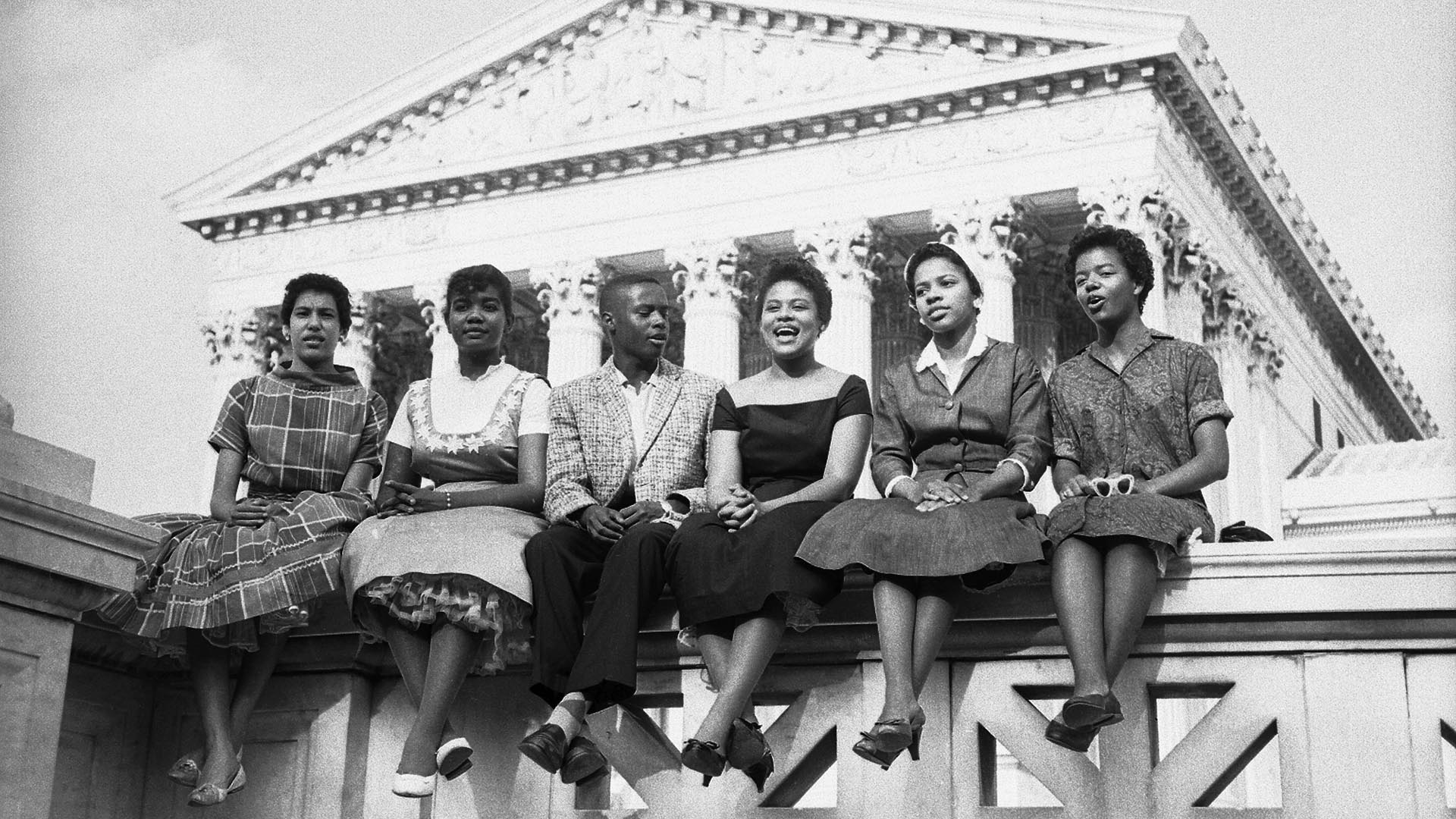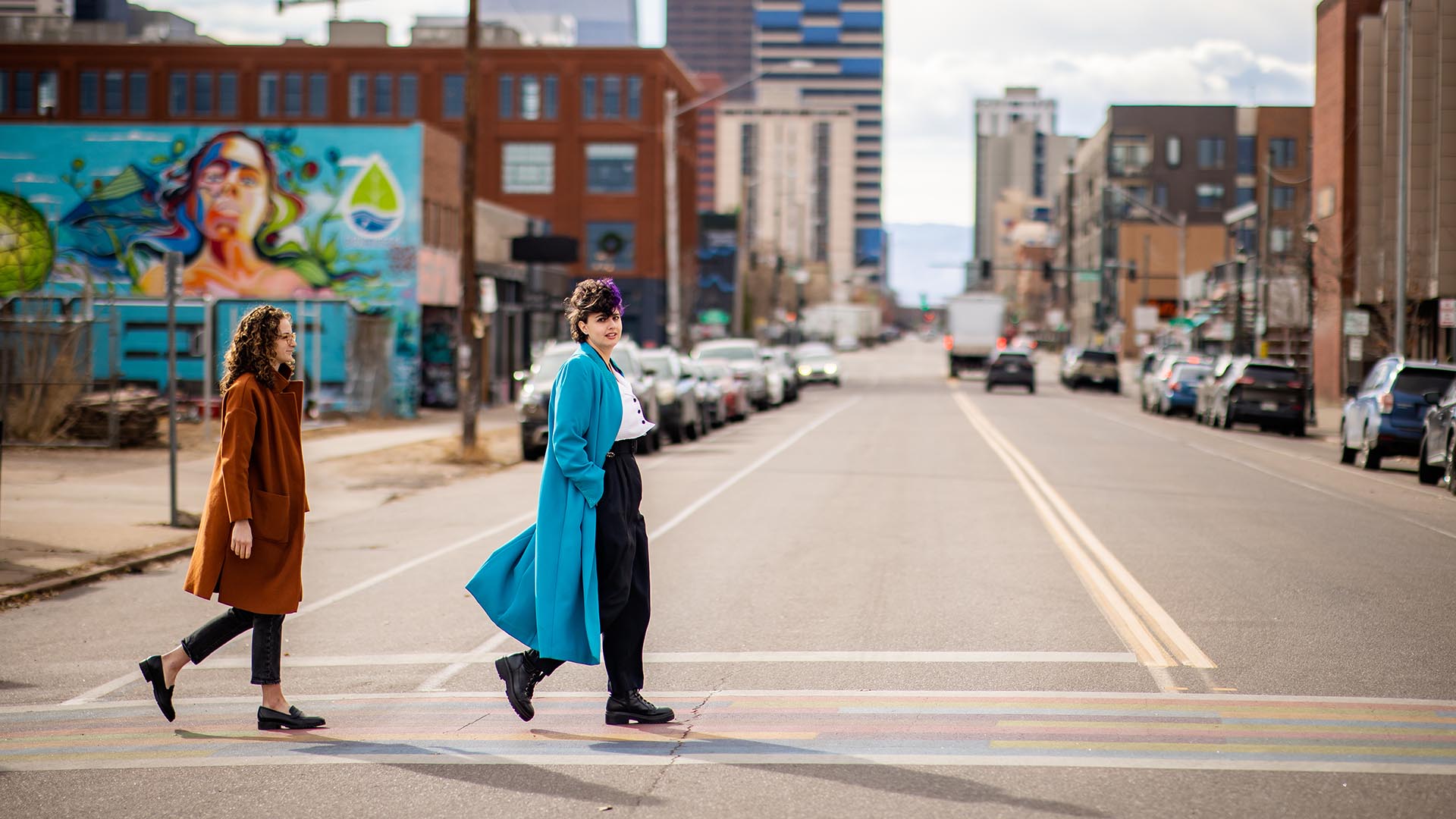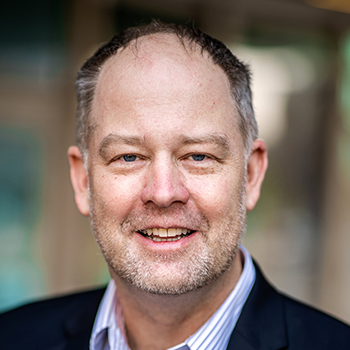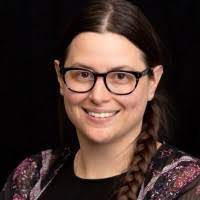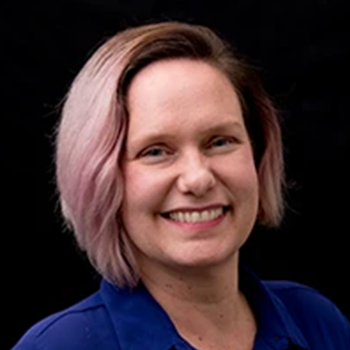New identity
Gender-studies Professor Mary Robertson’s scholarship shines a light on the new reality of LGBTQ youth in America.
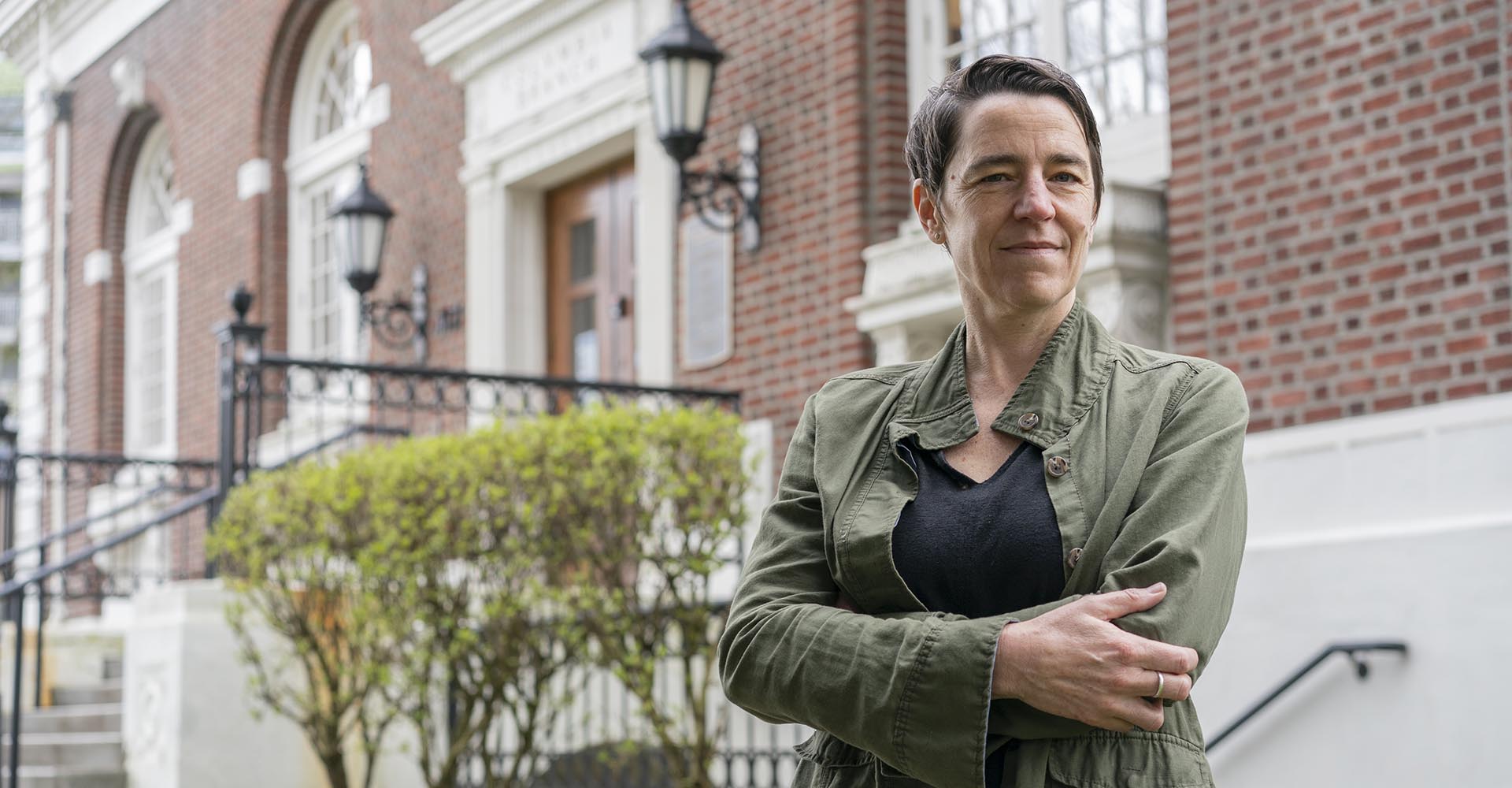
When gender-studies Professor Mary Robertson, Ph.D., surveys the changing reality of American society, she sees a backlash against the field to which she has dedicated her scholarship.
The success of the country’s LGBTQ movement has brought sudden visibility to issues such as gender nonconformity and allowed queer youth to step into the light, she said. However, the current political environment doesn’t foster discussion about our society’s response to this fundamental shift in how we view gender.
“We are in a better place, and it will get better,” said Robertson, a 2005 graduate of Metropolitan State University of Denver’s Individualized Degree Program. “But when change happens, it’s hard to accept and disruptive. People tend to cling to what’s familiar.”
Her 2019 book “Growing Up Queer: Kids and the Remaking of LGBTQ Identity,” serves as a guide for the United States to better understand its increasingly visible queer culture by telling the stories of youth attending an LGBTQ drop-in center. Her ethnographical approach shows readers how these adolescents understand their sexual and gender identities. Her goal for the book, she said, was to help straight and cisgender people understand the language and complicated landscape of queer youth and make them aware of their gender and privilege.
“It’s about the LGBTQ movement and how it has changed our reality,” she said.
(LGBT stands for lesbian, gay, bisexual and transgender; Q stands for queer, which is not specific to sexual orientation or to gender identity. Lesbian, gay, bisexual and transgender people may all identify as queer. Transgender refers to people whose gender identity differs from the sex that they were assigned at birth. Cisgender refers to people whose gender identity matches the sex that they were assigned at birth.)
Robertson’s passion for gender issues was sparked in her mid-20s when she volunteered at a Colorado domestic-violence shelter, she said.
“I think I always had a sort-of-feminist bent, but it was really through music and activism that I began to understand the feminist movement and women’s rights,” Robertson said.
When she enrolled at MSU Denver in the early 2000s at age 28, she joined the University’s Feminist Alliance “from day one,” and she credits her honors thesis advisor Arlene Sgoutas, Ph.D., professor of Gender, Women and Sexualities studies, for encouraging her feminist activism. At that time, the University’s Institute for Women’s Studies (now the Gender Institute for Teaching and Advocacy) offered only a minor, so she cut her own trail studying gender issues through the Individualized Degree Program, focusing on feminist scholarship and women’s activism.
Robertson went on to study for her Ph.D. in sociology at the University of Colorado, Boulder, but her work at MSU Denver continued to play an important role in her research. As she embarked on her dissertation, she launched an ethnographical study related to human-trafficking movement that was born from her undergrad internship with AnnJanette Alejano-Steele, Ph.D., chair of MSU Denver’s Social Work Department. Through her work with Alejano-Steele, Robertson saw that the most highly studied victims of trafficking were women and girls. It led her to wonder if men and boys were also at risk for sexual exploitation.
Her dissertation transformed into a study of vulnerable LGBTQ youth when she discovered a resource center in the Rocky Mountain West catering to them. Curious about their views and experiences, Robertson began to conduct life-history interviews with them. Using the scientific method of gathering qualitative data, she uncovered facts about this sector of society that has been overlooked by other sociologists. She completed her dissertation and earned her Ph.D. in 2014 and then turned it into her book while teaching at the University of California San Marcos.
“Sexuality and gender are deeply linked in our society,” she said. “Our culture sees sex as something you’re born with. My studies ask, ‘How much is biology a factor in gender, and how much is learned socially?’ There is so much left to be understood about sex and gender. It isn’t completely social, but my research helped me learn how it is socially influenced.”



